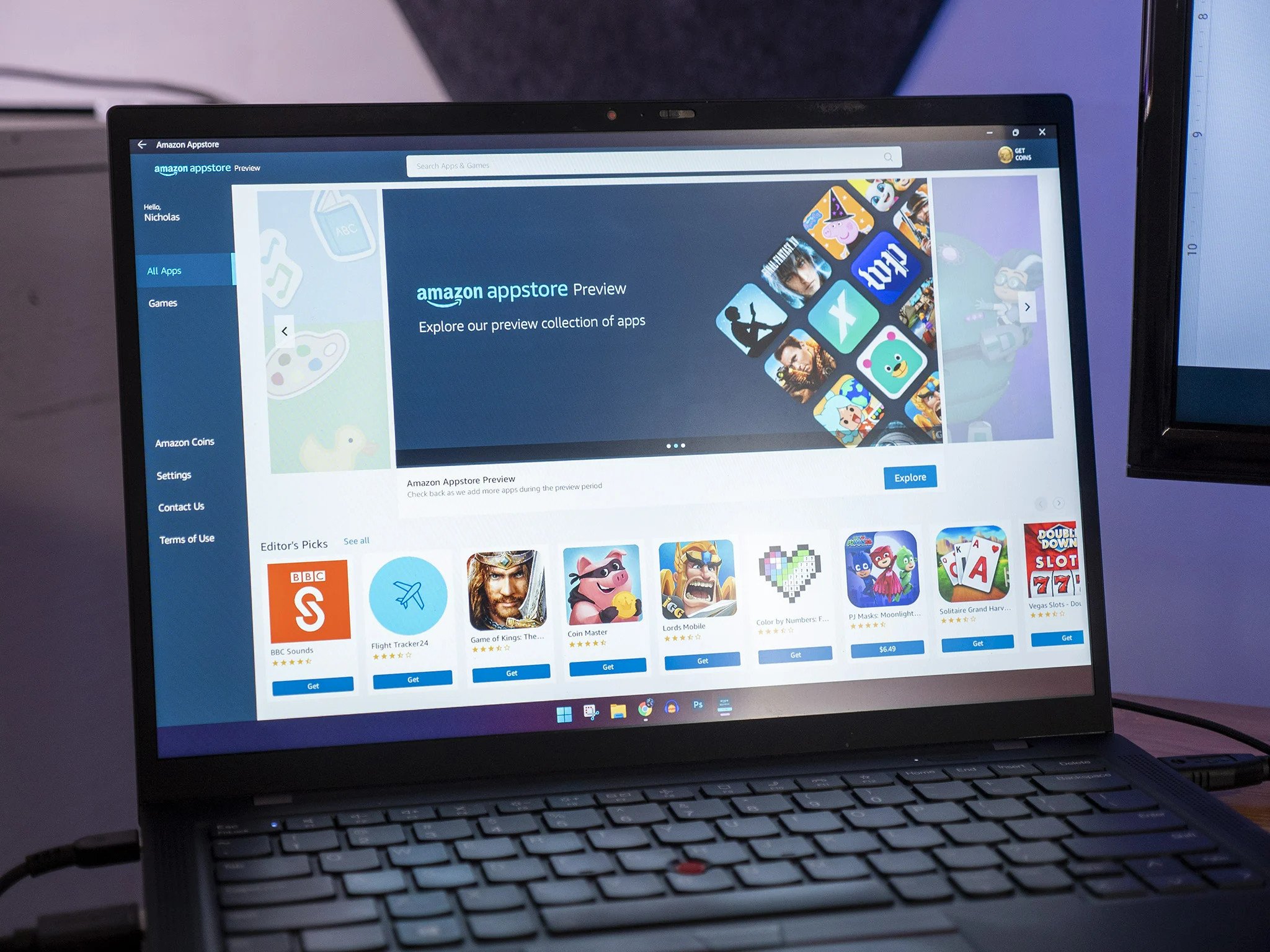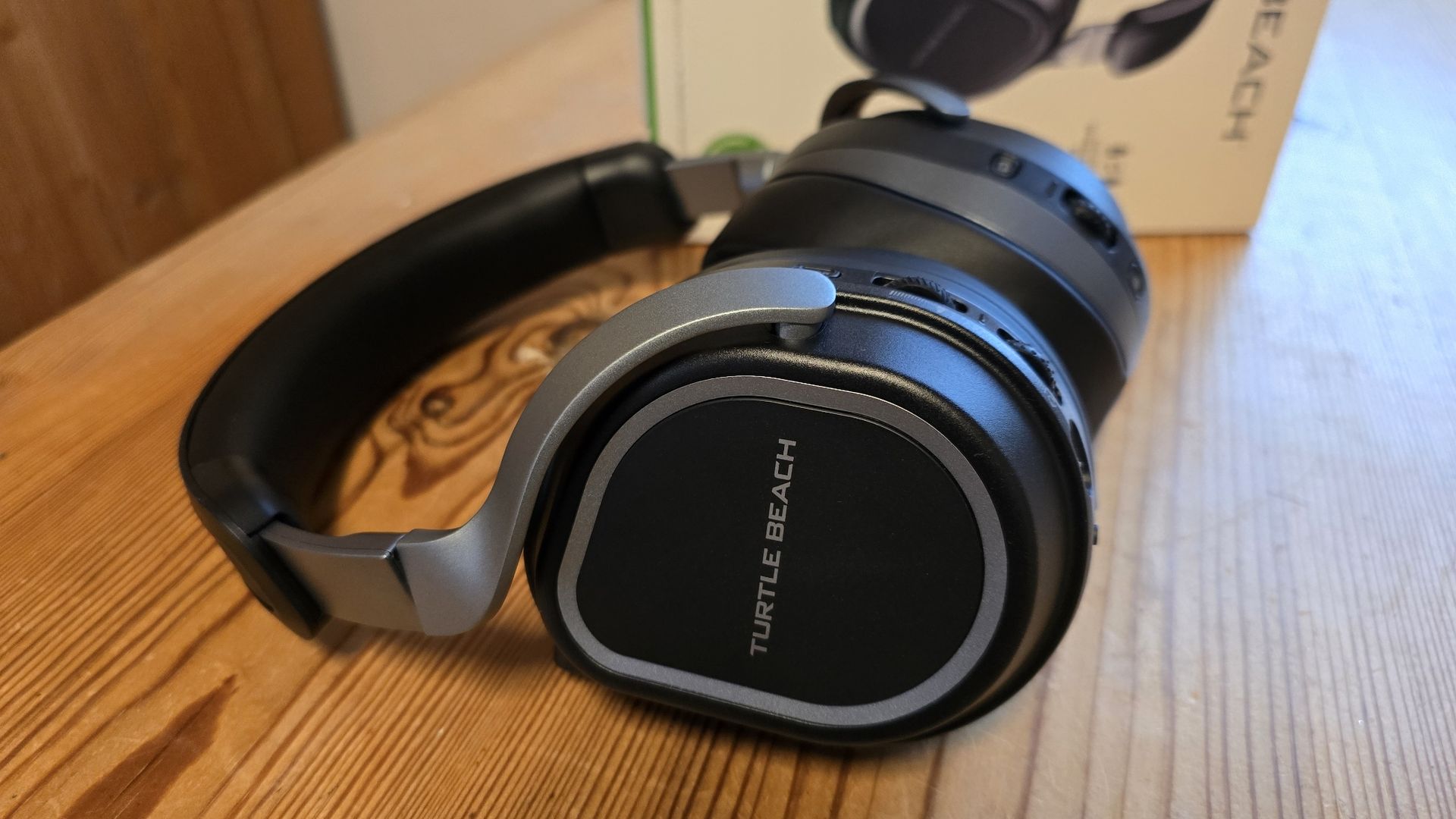Android apps on Windows 11 require an SSD and at least 8GB of RAM
Android apps will run on many PCs, but hitting the recommended specs could cost you.

All the latest news, reviews, and guides for Windows and Xbox diehards.
You are now subscribed
Your newsletter sign-up was successful
What you need to know
- Microsoft recently launched a preview of Android app support on Windows 11.
- PC owners can now download over 1,000 Android apps through the Amazon Appstore.
- A support document from Microsoft outlines the minimum requirements to run Android apps on Windows 11.
Windows 11 can now run Android apps. The new functionality rolled out in preview earlier this week. There are over 1,000 Android apps to choose from through the Amazon Appstore and even more if you know how to sideload Android apps onto Windows 11. The new feature adds a large library of apps to PCs, but only if they meet the minimum requirements.
A support document from Microsoft outlines the specs required to run Android apps on Windows 11. Your computer will need an SSD and at least 8GB of RAM to run Android apps, though Microsoft recommends 16GB of RAM.
On the CPU side of things, Android apps will run on Windows 11 PCs with at least an 8th Gen Intel Core i3, AMD Ryzen 3000, or Qualcomm Snapdragon 8c.
| Category | Requirement |
|---|---|
| RAM | 8 GB (minimum) 16 GB (recommended) |
| Storage type | Solid State Drive (SSD) |
| Processor | Intel Core i3 8th Gen (minimum) or above AMD Ryzen 3000 (minimum) or above Qualcomm Snapdragon 8c (minimum) or above |
| Processor architecture | x64 or ARM64 |
| Virtual Machine Platform | This setting needs to be enabled. For more info, go to Enable virtualization on Windows 11 PCs. |
While it's certainly possible to find a device that doesn't meet the minimum requirements, the best cheap laptops generally have configurations that meet these specs. You'll have to spend more to hit the recommended spec of 16GB.
We have a guide on how to get started with Android apps on Windows 11. The process requires installing the Windows Subsystem for Android and making sure the Microsoft Store is up to date.
All the latest news, reviews, and guides for Windows and Xbox diehards.

Sean Endicott is a news writer and apps editor for Windows Central with 11+ years of experience. A Nottingham Trent journalism graduate, Sean has covered the industry’s arc from the Lumia era to the launch of Windows 11 and generative AI. Having started at Thrifter, he uses his expertise in price tracking to help readers find genuine hardware value.
Beyond tech news, Sean is a UK sports media pioneer. In 2017, he became one of the first to stream via smartphone and is an expert in AP Capture systems. A tech-forward coach, he was named 2024 BAFA Youth Coach of the Year. He is focused on using technology—from AI to Clipchamp—to gain a practical edge.
